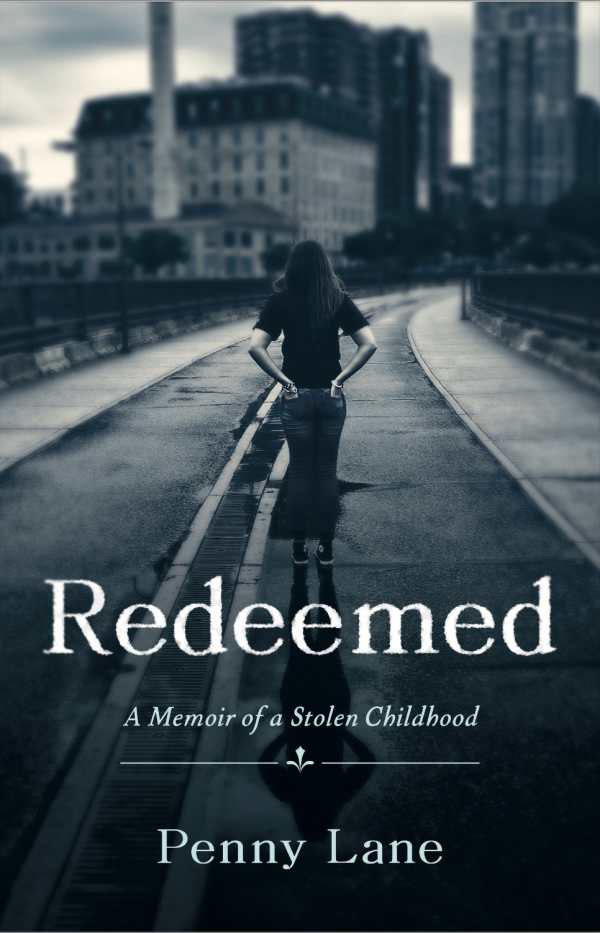Redeemed
A Memoir of a Stolen Childhood
A story of indefatigable perseverance, Redeemed is an understated memoir about the arduous path to healing and the anguish that remains.
A story of courage and resolve, Penny Lane’s memoir Redeemed covers physical and mental abuse, the lasting effects of trauma, and a search for belonging, love, and acceptance.
In 1963, Lane’s estranged father showed up, removing her from her aunt and uncle’s home to take her to live with him and his second wife. Lane’s father and stepmother were Hungarian immigrants who spoke Hungarian in the home—a “funny language” that Lane did not understand but was obliged to learn. Context is included regarding the family’s immigration to the United States in the 1950s and the dynamics of Hungarian culture, making elements of Lane’s “senseless story” clearer, including how her brother Steven—a “joy” when he was a boy—became “pedantic” and “domineering” in his adulthood. In her father’s household, Lane was also forced to cook, clean, run errands, and care for her two younger siblings.
The book conveys childhood loneliness and isolation in acute terms. Lane’s father is characterized as an indifferent man who was not often home; her stepmother is remembered for having been aloof and cruel, beating her for any infraction. And Lane, who was powerless to stop the abuse she faced, is fleshed out in terms of the self-blame that she felt, which manifested in suicidal ideation, destroyed self-worth, and lifelong fearfulness.
The self-reflective, chronological narrative is divided into two parts. The first recalls Lane’s upbringing until the age of sixteen; the second recounts her accomplishments and failures in adulthood. Both sections include chilling memories of abuse and mistreatment, illustrating Lane’s torment: a startling slap in the face in the middle of the night haunts her, as does an accusation of communing with the devil.
The prose is raw and direct, and it illuminates a clear trajectory of growth from Lane’s time as a “powerless scapegoat” until she flowered as a career-driven, empowered woman of faith. Still, all of her successes are couched in the context of lasting pain and trauma from her childhood neglect, rejection, and unhappiness. Indeed, the book is precise when it comes to conveying Lane’s lasting sense of otherness: she feels “unwanted,” “outcast,” “ugly,” like an “outsider,” and as though she’s a “bastard.” And the chapter endings are provocative, compelling further engagement with their personal reflections on themes including God, marriage, and motherhood.
About trauma, lost love, and the determined push toward success, Redeemed is a powerful memoir.
Reviewed by
Amy O'Loughlin
Disclosure: This article is not an endorsement, but a review. The publisher of this book provided free copies of the book and paid a small fee to have their book reviewed by a professional reviewer. Foreword Reviews and Clarion Reviews make no guarantee that the publisher will receive a positive review. Foreword Magazine, Inc. is disclosing this in accordance with the Federal Trade Commission’s 16 CFR, Part 255.

